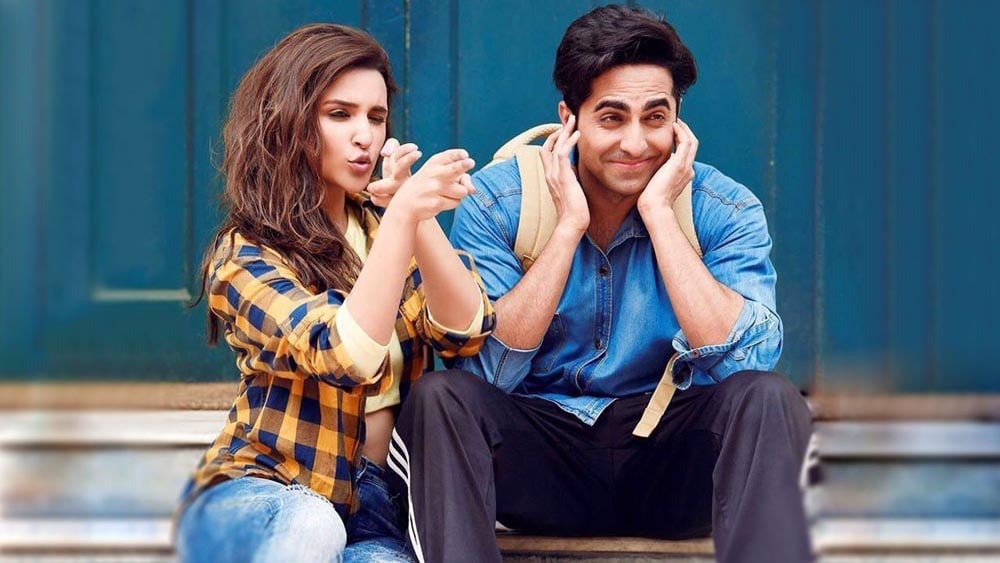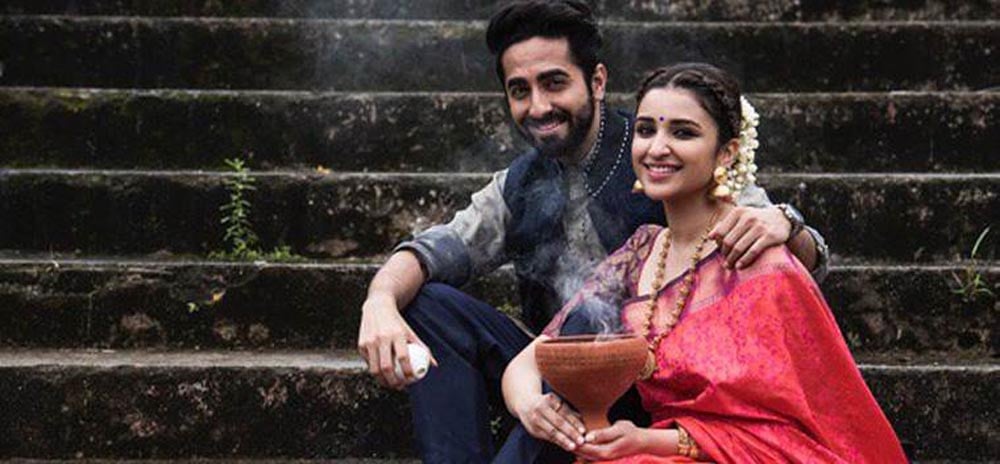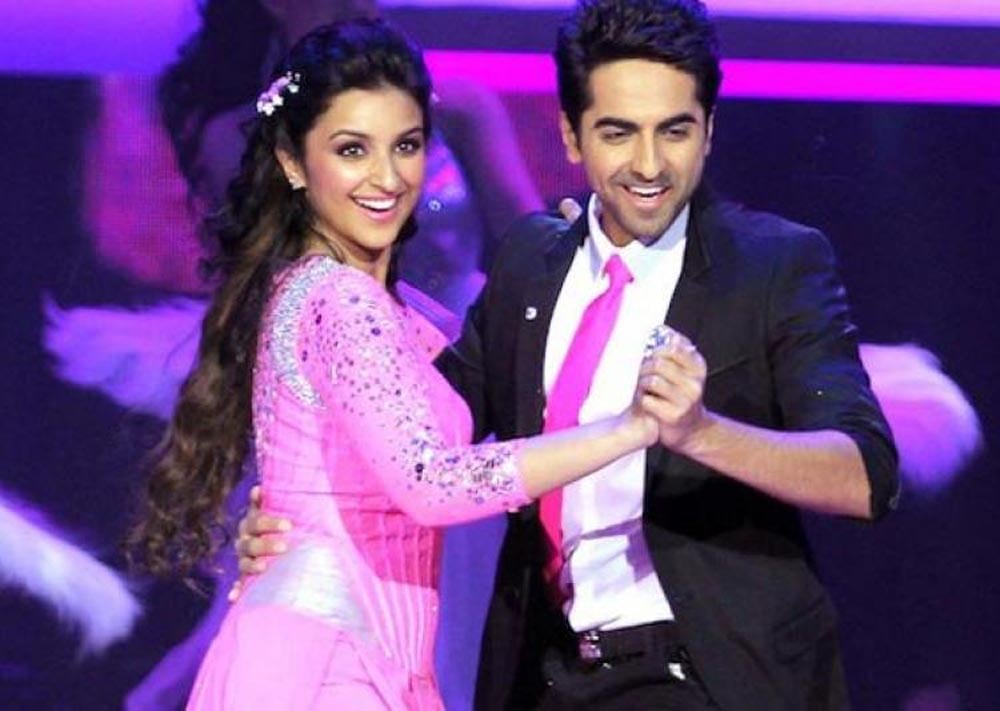

MUMBAI: The words and music in Akshay Roy’s “Meri Pyaari Bindu” are lilting and evocative. Love is compared to a Hrishikesh Mukherjee movie, a beloved song and a rainy day, and the strains of Mohammed Rafi’s “Abhi Na Jao” echo throughout the film.

The story, on the other hand, is a whole other story. The film is a meandering chronicle of Bindu (Parineeti Chopra) and Abhimanyu’s (Ayushmann Khurrana) love story and tries to hark back to a gentler time when mixed tapes were popular, kids climbed trees and technology hadn’t pervaded our lives. The narrative moves between the present and the past.
Abhimanyu, a successful writer of pulp fiction, is struggling with writer’s block. On a trip to his parent’s house in Kolkata, he is forced to confront his feelings for Bindu, his fiery childhood crush whom he has never been able to get over.

In flashbacks, we see Abhimanyu and Bindu’s relationship over the years - from school, college and through to adulthood. That is, if you can call Bindu’s overbearing nature and Abhimanyu’s doormat behaviour a relationship. Bindu bosses her way around Abhimanyu, using him to get accommodation, a job, and tramples all over him. To be fair, Abhimanyu doesn’t seem to mind. He’s rude and abrasive to everyone else in his life (even telling a stranger kind enough to give him a ride, “You are like blood cancer”). With Bindu, he might as well have a “USE ME” sign stamped on his forehead.
_15.jpg)
Thanks to this uneven equation, the love story (written by Suprotim Sengupta) never seems to take off. The two don’t seem made for each other and it doesn’t help that Chopra and Khurrana share zero chemistry. At 119 minutes, “Meri Pyaari Bindu” seems to drag on forever, and the constant back and forth between the present and past makes things even more tedious.

Abhimanyu, who is the narrator of the film, talks about Bindu and his love story with long words and poetic phrases, but what transpires on screen is every cliché in the Bollywood romance handbook. The boyfriend he is jealous of, her issues with her parents, the nosy neighbours, the fact that she immediately goes from jeans and shorts to wearing a saree after she is married - this film doesn’t spare a single trope. Chopra and Khurrana seem as out of sorts as the director, and none of them seem to have a grip on where this love story is going.

If the aim of the film was to evoke nostalgia, it works in the sense that you yearn for the time when Bollywood knew how to make a love story, and romance didn’t have to be this laboured.